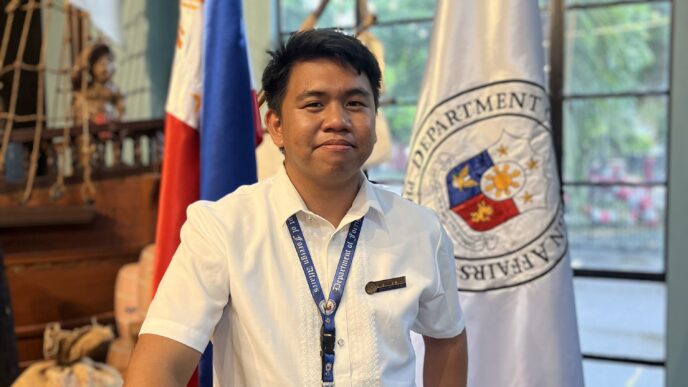By Art Dacua
At face value, the Philippines appears to be a thriving democracy—regular elections, a constitution, and an active press. But behind this democratic façade lies a fragile and flawed system, held hostage by a deeply entrenched elite and weakened by institutional decay. The real problem is not just that democracy exists in form but that it fails in substance.
For decades, political power has remained in the hands of a few families, turning public office into a family business. These dynasties dominate not because of merit or public trust, but because they control the resources, the narrative, and the machinery to stay in power. Elections, then, are less about choice and more about recycling familiar names.
Furthermore, corruption has seeped into the bones of governance. Institutions meant to uphold justice and accountability often bend under political pressure or financial influence. The rule of law is selective—quick for the poor, but slow or forgiving for the powerful. Laws are passed, but implementation is weak or manipulated for personal gain.
Add to that the digital age’s double-edged sword: while it has given voice to the masses, it has also become a breeding ground for misinformation and historical distortion. Social media has been weaponized, not for education or empowerment, but for confusion and manipulation. The people’s will is shaped not by truth, but by the loudest and most funded voices.
Ultimately, Philippine democracy is struggling because it has been hollowed out. It functions, but only just. If we want a democracy that genuinely serves the people, we must demand not just elections—but education, equality, justice, and real reform. Until then, we remain a democracy in name, but not in practice.


